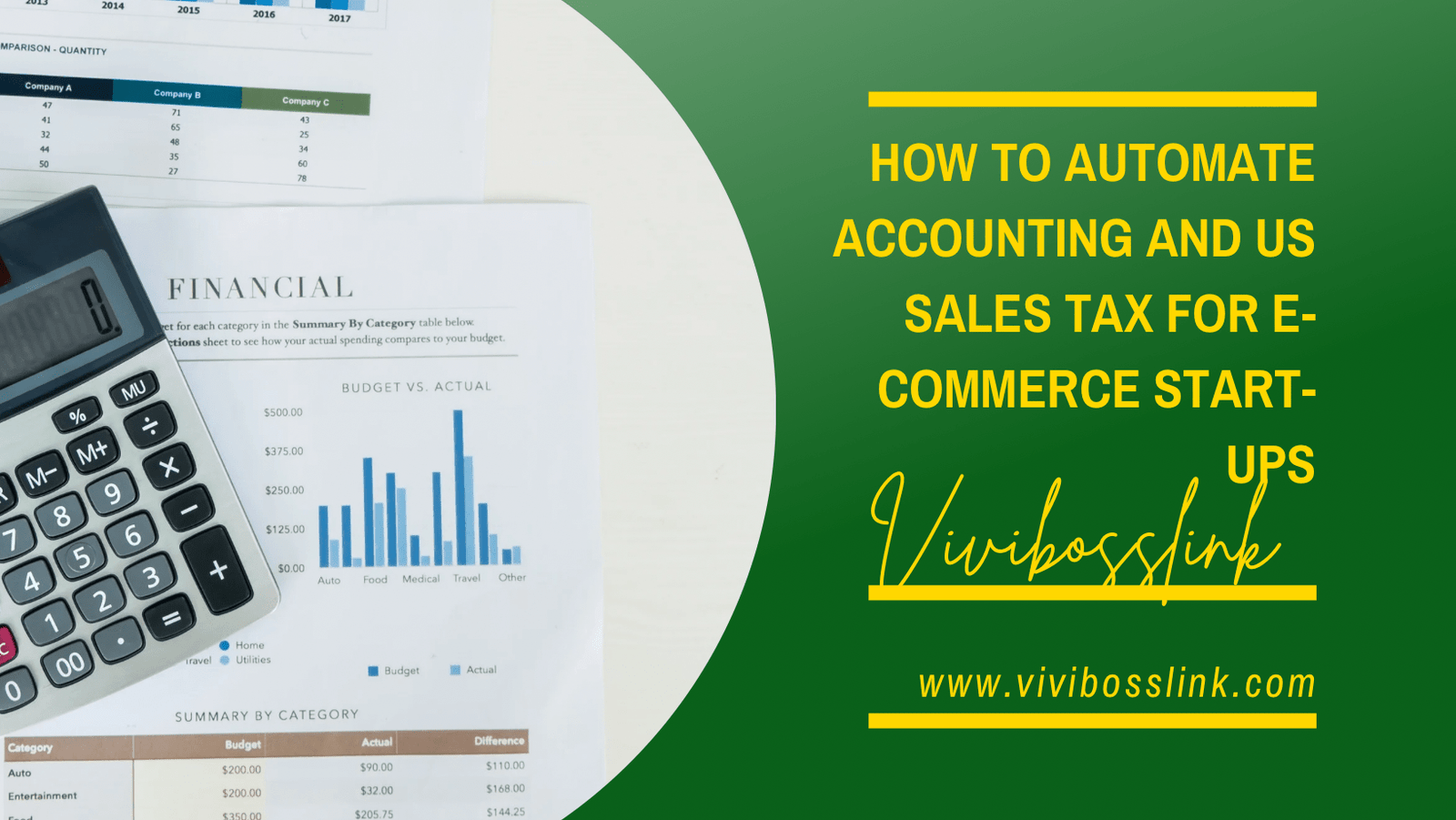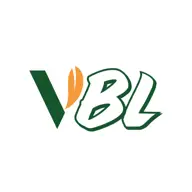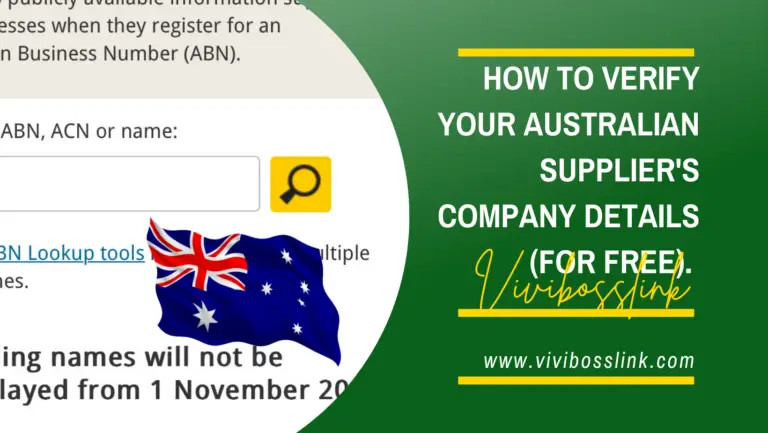
In this article, we will discuss how to automate your business accounting and US sales tax, especially for e-commerce start-ups with US-based customers. We’ll explore two scenarios:
1. Your business is getting consistent sales: You’re ready to invest in affordable software solutions to fully automate your accounting and tax compliance.
2. You’re just starting out: You haven’t made consistent sales yet and are looking for free solutions to semi-automate your accounting and stay compliant with US sales tax laws.
Scenario 1: Automating Accounting and Sales Tax for Growing E-Commerce Start-Ups
As an e-commerce business with consistent sales to US customers, it’s crucial to keep track of your finances. This includes costs like shipping and product expenses, as well as profits and taxes. Automating this process can save time and reduce errors.
Step 1. Accounting Software: QuickBooks
We recommend using QuickBooks Online for accounting. It offers robust features and is affordable at $1.80 per month for the first six months, then $18 per month. QuickBooks can integrate with e-commerce platforms like Shopify and WooCommerce, automatically recording your business finances.
Step 2. Sales Tax Automation: Avalara
If you sell products to US customers, you may need to pay US sales tax, which varies by state. Keeping up with these rules can be complex, so automating sales tax compliance and remittance is advisable.
Avalara is a recommended tool for automating US sales tax filing. It integrates with your accounting software (QuickBooks) and e-commerce platform (Shopify, WooCommerce), calculating your sales tax, tracking when you meet sales tax nexus requirements, and filing returns automatically.
Workflow
– Sales Transactions: When a sale is made, QuickBooks records the transaction. (profit, expenses, cost, shipping, sales tax etc)
– Tax Calculation: Avalara and QuickBooks each calculate the correct sales tax based on the customer’s location.
– Tax Filing: Avalara files the sales tax to the appropriate states and updates records in QuickBooks.
Scenario 2: Semi-Automating Accounting and Sales Tax for New E-Commerce Start-Ups
If you’re just starting out and haven’t achieved consistent sales, you might prefer free solutions for semi-automating your accounting and sales tax compliance.
Step 1. Accounting Software: Wave
For a free accounting solution, Wave is an excellent option. It doesn’t have all the features of QuickBooks but offers essential tools for tracking expenses, profits, and taxes. Wave integrates with your e-commerce platform to record your transactions.
Step 2. Sales Tax Compliance: Manual Approach
Without an automated tax filing tool like Avalara, you’ll need to manually handle sales tax compliance: Familiarize yourself with US sales tax laws, register in states where you meet nexus requirements, and file taxes manually.
Workflow
– Sales Transactions: When a sale is made, Wave (free accounting software) records the transaction. (profit, expenses, cost, shipping, sales tax etc)
– Tax Calculation: Familiarize yourself with US sales tax laws, register in states where you meet nexus requirements, and file taxes manually.
Using Built-In Tools for Free Solutions
Most e-commerce platforms have built-in tax engines and accounting features. This is a simple, no-cost option, though it may not provide the comprehensive insights and automation of dedicated software.
Example Workflow
– Sales Transactions: Recorded by your e-commerce platform’s (core accounting feature of woocommerce, Shopify, Wix etc) built-in accounting features.
– Tax Calculation: Managed by the platform’s built-in tax engine.
– Manual Tax Filing: Register and file sales tax manually based on platform reports.
Stripe Tax: An Integrated Tax Engine
If you use Stripe as a payment gateway, you can benefit from Stripe Tax, an in-built tax engine that automatically calculates sales tax, identifies states where you need to register, and provides reports for filing. However, Stripe Tax does not automatically file sales taxes, so manual filing is still required.
Conclusion
Whether you are an established e-commerce start-up or just getting started, there are various tools and solutions available to help automate your accounting and sales tax processes. By leveraging these tools, you can focus more on growing your business while ensuring compliance and accuracy in your financial operations.
For growing businesses with consistent sales, QuickBooks and Avalara provide a robust, integrated solution. For early-stage businesses, Wave Accounting or the built-in features of your e-commerce platform or payment gateway tax engines like Stripe Tax offer cost-effective alternatives.







